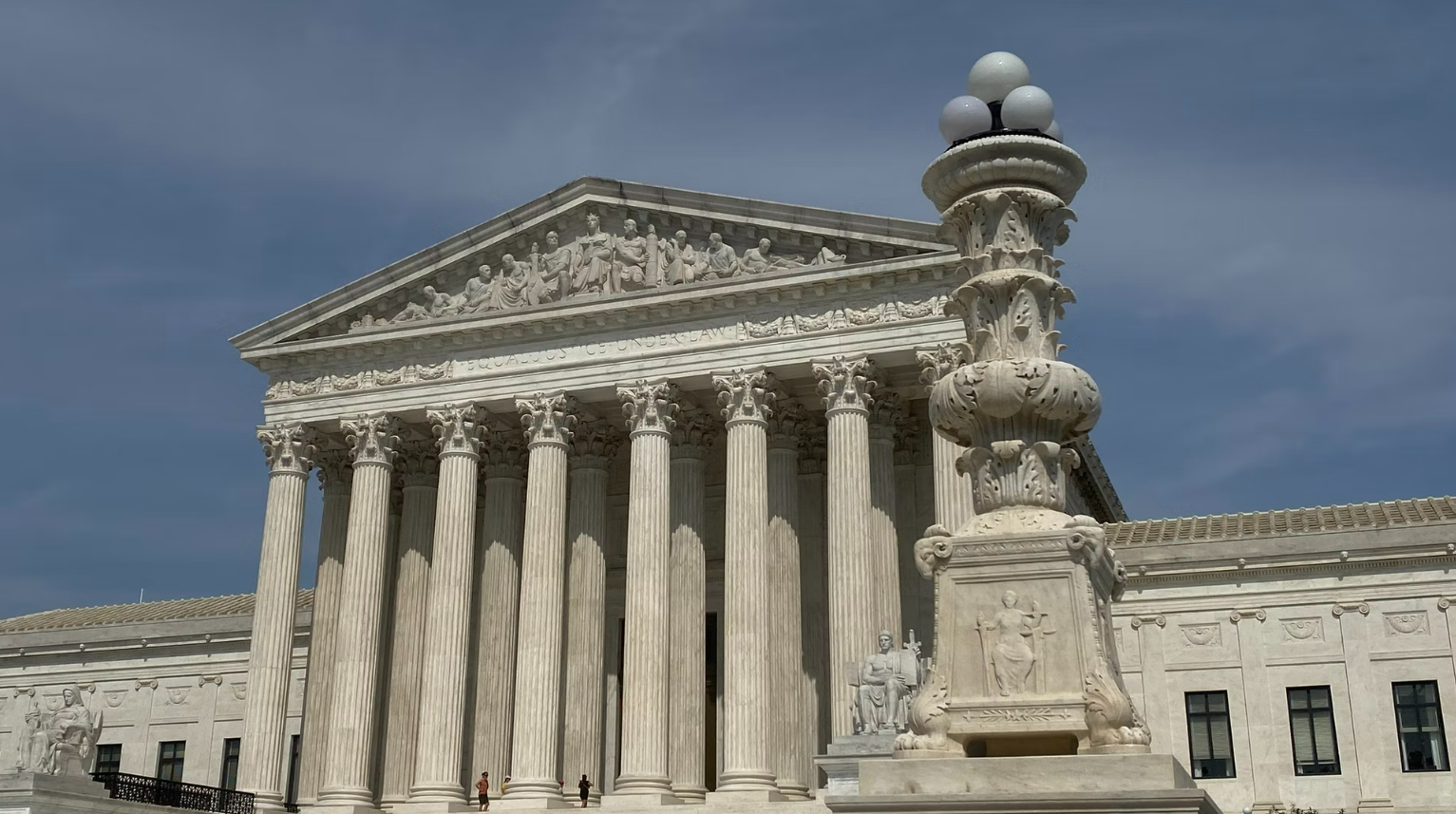Supreme Judicial Court to Decide Whether the Commonwealth Has a Duty to Investigate Misconduct by Springfield Police Department
This month, the Supreme Judicial Court heard oral argument in Graham v. District Attorney for Hampden County, a case raising the questions of whether the Commonwealth has a duty to investigate the Springfield Police Department (SPD),what that duty entails, and what evidentiary disclosures state prosecutors must make about any exculpatory evidence that prosecution teams may have in events involving the police department. The decision will have significant implications for defendants wrongfully convicted of crimes based on false reports filed by police officers justifying use of force against defendants. CONTINUE READING ›
 Boston Lawyer Blog
Boston Lawyer Blog

















